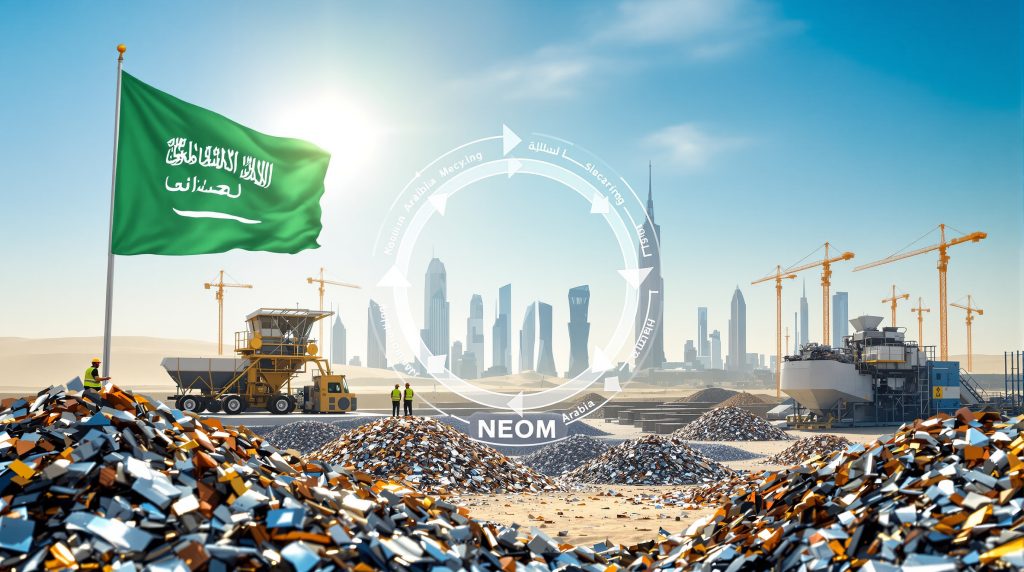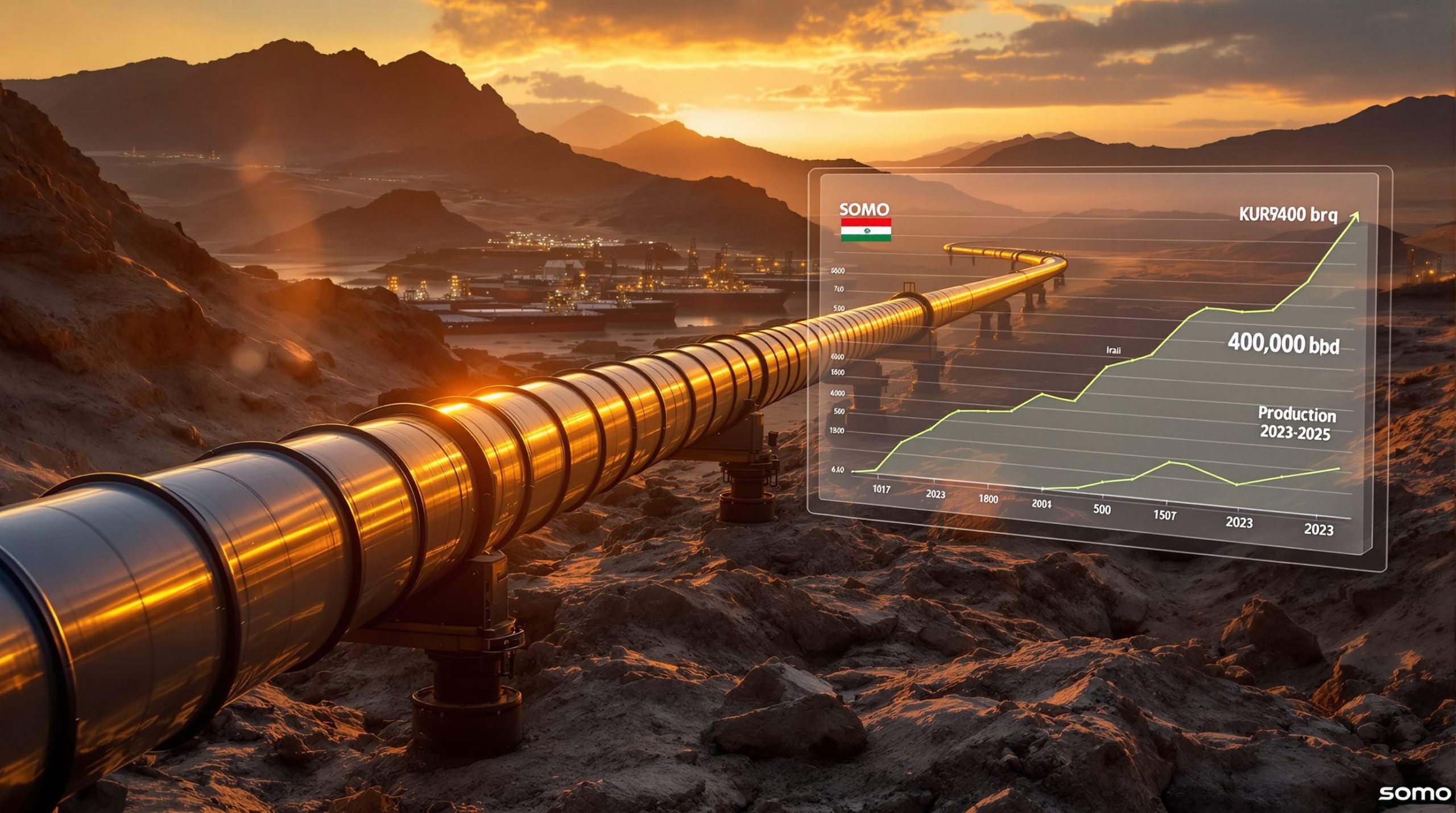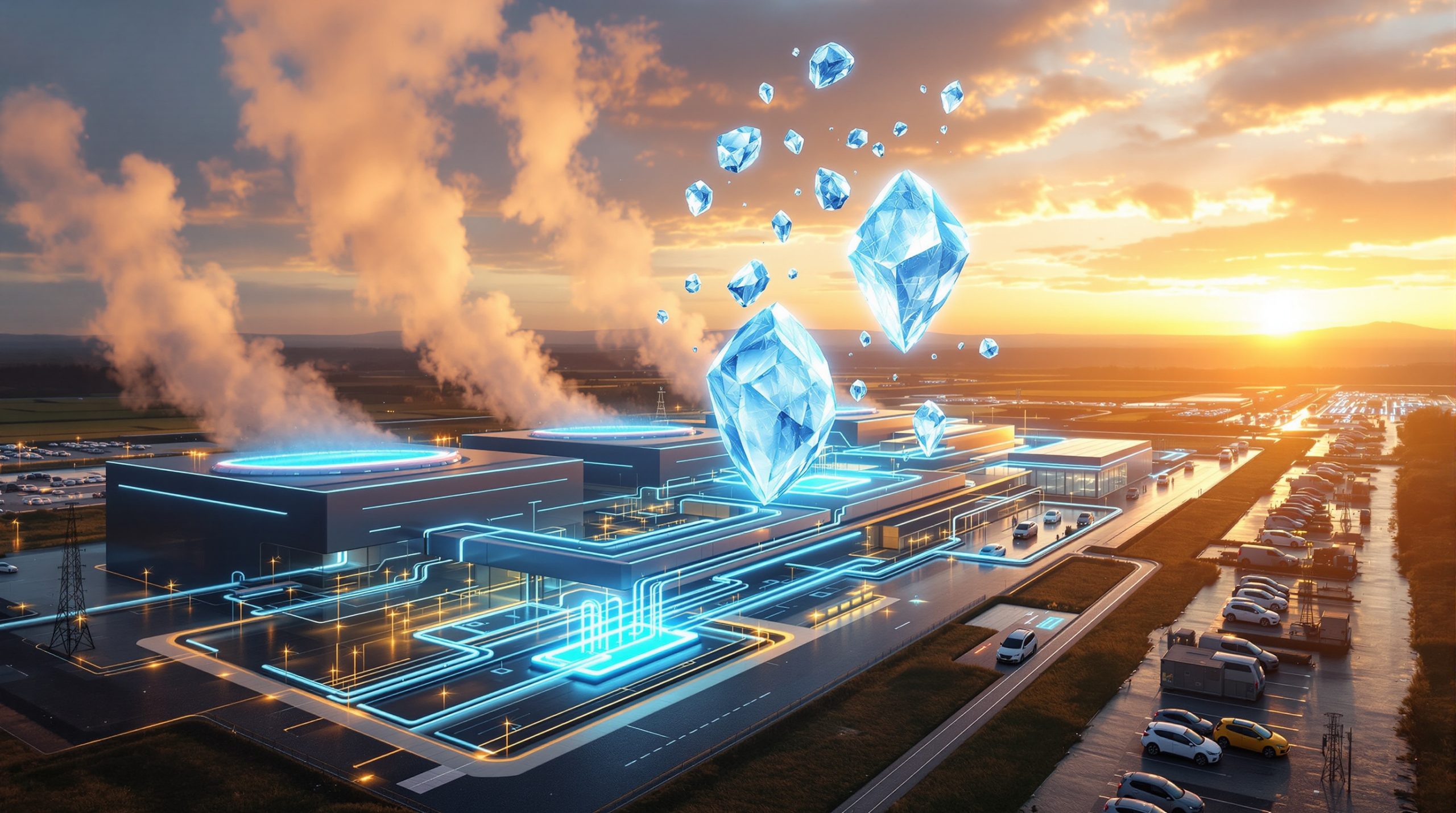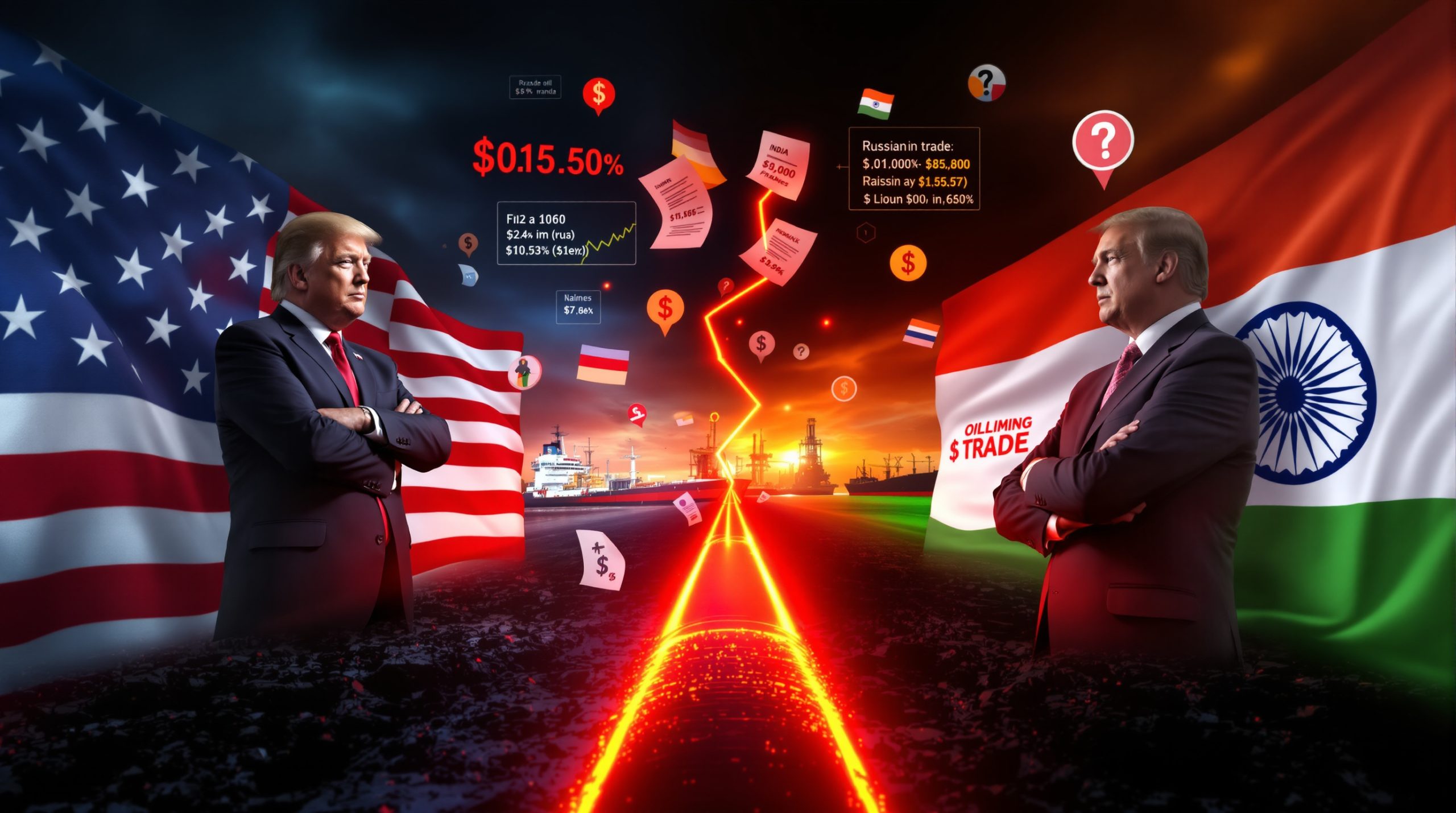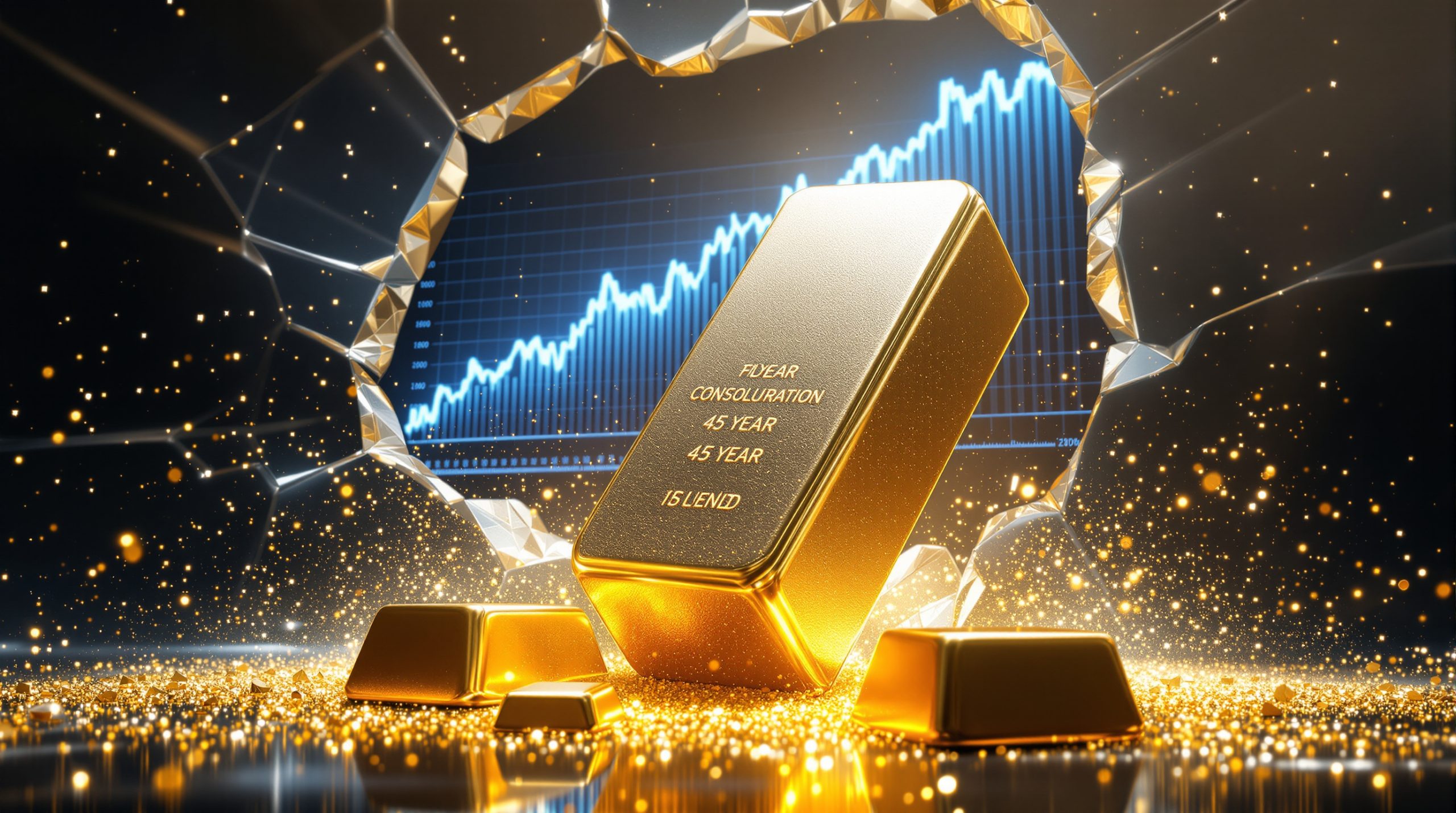Understanding Metal Recycling in Saudi Arabia: Transforming the Kingdom's Industrial Landscape
How is Saudi Arabia Developing its Metal Recycling Industry?
Saudi Arabia is rapidly transforming its approach to metal recycling as part of its broader industry evolution trends. The Kingdom's metal recycling initiatives have gained significant momentum, driven by economic diversification goals, sustainability targets, and the need to support massive infrastructure projects currently underway.
The total market supply of steel scrap in Saudi Arabia reaches 4-4.5 million tonnes per year, representing a substantial resource stream for the country's growing recycling sector. With rising awareness of sustainability practices and resource efficiency, the Kingdom has positioned recycling as a cornerstone of its industrial development strategy.
Vision 2030 and Metal Recycling Objectives
The Saudi Vision 2030 blueprint has positioned recycling as a cornerstone of the Kingdom's sustainability transformation. This comprehensive plan aims to reduce dependency on raw material imports, create new industrial opportunities, minimize environmental impact, support circular economy principles, and generate employment in green sectors.
Vision 2030 emphasizes the need to improve industry operations, reduce costs, and target new manufacturing segments that haven't previously existed in the Kingdom. The blueprint specifically highlights the importance of developing capabilities for processing specialty materials like alloys, while simultaneously reducing carbon emissions and securing environmental protection.
Current State of Metal Recycling Infrastructure
Saudi Arabia's metal recycling infrastructure has evolved substantially in recent years, with processing facilities now handling millions of tonnes of metal waste annually:
| Metal Type | Annual Processing Volume | Growth Rate (2023-2025) |
|---|---|---|
| Steel Scrap | 4-4.5 million tonnes | 18% increase |
| Aluminum | 350,000 tonnes | 22% increase |
| Copper | 120,000 tonnes | 15% increase |
| Other Metals | 200,000 tonnes | 12% increase |
Just two decades ago, Saudi Arabia lacked structured methods for dealing with industrial waste and discarded materials like tires. Today, recycling has moved to the core of industrial policy, supporting both environmental protection and resource efficiency throughout the Kingdom.
Who Are the Key Players in Saudi Arabia's Metal Recycling Sector?
Leading Recycling Companies
The Kingdom's metal recycling landscape is dominated by several major players who are investing heavily in advanced processing technologies and expanding their operational footprint.
Major Processing Companies
Al Qaryan Group stands as the largest scrap processor in the Middle East region, with extensive operations across Saudi Arabia and the UAE. The company processes approximately 1.5-1.7 million tonnes of steel scrap annually in Saudi Arabia alone, representing roughly 35-40% of the Kingdom's total market supply.
Their integrated approach includes:
- Ferrous and non-ferrous metal processing
- Non-metallic waste handling (tires, concrete, plastics)
- Specialized demolition services for complex industrial projects
- Steel production through induction furnaces
Al Qaryan's distinctive green-yellow-white branded trucks have become a common sight near major steel plants throughout the Kingdom, symbolizing the growing prominence of the recycling sector in Saudi Arabia's industrial landscape.
The company also operates a 450,000-tonne-per-year steel billet-producing plant utilizing two induction furnaces in Dammam, eastern Saudi Arabia. This facility, which began operations in 2017 and expanded capacity in early 2025, represents the company's vertical integration strategy that connects recycling operations directly to steel production.
Government-Backed Initiatives
The Saudi Investment Recycling Company (SIRC), a Public Investment Fund (PIF) subsidiary, plays a pivotal role in developing the recycling ecosystem through strategic investments and partnerships. SIRC has signed numerous agreements to:
- Develop waste management solutions
- Finance circular economy projects
- Establish recycling centers across major cities
- Create specialized processing facilities for various waste streams
SIRC's initiatives extend beyond metals to include investments in refuse-derived fuel for kilns, recycling end-of-life tires, and developing sustainable aviation fuel (SAF) production capabilities within the Kingdom.
What Challenges Does the Saudi Metal Recycling Industry Face?
Supply Constraints and Market Pressures
Despite growing rapidly, Saudi Arabia's metal recycling sector faces several significant challenges:
-
Supply Tightness: Increasing demand from induction furnace operators has created competition for available scrap. According to industry experts, "Supply of ferrous scrap is quite tight in the Kingdom at the moment," with induction furnaces now estimated to represent approximately 35% of steel production capacity.
-
Rising Operational Costs: Energy and logistics expenses have increased substantially, with diesel prices alone rising by over 40% in January 2025, significantly impacting transportation costs for recyclers.
-
Margin Pressure: The spread between rebar prices (1,930-2,150 riyals per tonne) and steel scrap costs (approximately 1,447 riyals per tonne) has narrowed to 483-703 riyals ($128-187) per tonne, well below the traditional target of 940 riyals ($250) per tonne.
-
Import Competition: Approximately 1 million tonnes of steel billets were imported in the first half of 2025, reducing local demand for recycled metal inputs as some mills seek alternatives to high-priced domestic scrap.
This combination of tight supply and challenging economics is forcing recyclers and steelmakers to innovate and reconsider their operational strategies.
Technical and Operational Hurdles
The industry also faces technical challenges related to:
- Quality control in processed materials
- Efficient sorting and separation technologies
- Training specialized workforce for advanced recycling operations
- Developing infrastructure for collecting and transporting scrap
Some steelmakers and government officials have expressed concerns about induction furnace operations, citing fears of reduced steel quality and increased competition for raw materials. These concerns highlight the need for quality standards and technical improvements across the recycling value chain.
How Are Mega-Projects Driving Metal Recycling Demand?
Infrastructure Development and Construction Boom
Saudi Arabia's ambitious infrastructure agenda is creating unprecedented demand for recycled metals. Major projects requiring substantial metal inputs include:
NEOM Smart City
This futuristic $500 billion development in Tabuk Province will require millions of tonnes of steel and other metals for construction, with recycled content mandated in many applications. The vast scale of this project represents one of the most significant construction undertakings in modern history.
The Red Sea Project
This luxury tourism development spanning 28,000 square kilometers along the western coast incorporates sustainability principles, including the use of recycled materials in construction. The project's commitment to environmental protection aligns perfectly with the goals of the recycling industry.
The Line
The revolutionary linear city concept within NEOM will utilize advanced construction techniques and materials, creating demand for high-quality recycled metals. This innovative urban development stretches 170 kilometers in length and will accommodate nine million residents.
Mukaab Cubed Skyscraper Complex
This architectural marvel in Riyadh will incorporate substantial amounts of steel and aluminum, with recycled content requirements built into procurement specifications. The distinctive cubic design presents unique engineering challenges that require specialized materials.
These mega-projects, all part of the Kingdom's Vision 2030 initiative, collectively require "huge volumes of steel" according to industry experts, creating both challenges and opportunities for the recycling sector.
What Innovations Are Transforming Metal Recycling in Saudi Arabia?
Technological Advancements
The metal recycling industry in Saudi Arabia is embracing technological innovation to improve efficiency and output quality:
-
Advanced Sorting Systems: Implementation of AI-powered optical sorting technologies to improve metal separation and purity.
-
Electric Arc Furnaces: Transition from induction furnaces to more advanced EAF technology, allowing for greater flexibility in input materials. Industry experts note that "If you go with EAFs, you reduce your cost, [and] your liability for the scrap, because you can deal with several materials like direct reduced iron (DRI) or pig iron."
-
Specialized Demolition Techniques: Development of methods to maximize material recovery from complex industrial demolition projects.
-
Digital Tracking Systems: Implementation of blockchain and IoT solutions to trace materials through the recycling value chain.
Process Innovations
Beyond technology, process innovations are helping to maximize value recovery:
- Comprehensive material assessment methodologies for demolition projects
- Integrated recycling approaches that handle multiple waste streams simultaneously
- Value chain optimization to reduce transportation and handling costs
- Quality certification systems for recycled metals
Al Qaryan Group has developed specialized capabilities in this area, targeting the market for large-scale demolitions where specialized expertise was previously lacking. Their strategic approach encompasses the full cycle from evaluation and value estimation of recyclable materials to demolition and responsible recycling.
This expertise extends beyond building demolitions to include complex industrial projects such as water treatment plants, pipelines, and sugar refineries—all while maintaining high safety standards and environmental protection.
How Does Steel Production Connect with Metal Recycling?
The Evolving Steel Industry Landscape
Saudi Arabia's steel industry is undergoing significant transformation, with recycling playing an increasingly central role:
-
Induction Furnace Expansion: Induction furnaces now account for approximately 35% of steel production capacity in the Kingdom, creating strong demand for high-quality scrap.
-
EAF Transition: Many producers are planning to upgrade to electric arc furnace technology, which offers greater flexibility in raw material inputs. As one industry expert noted, "The market is not like before. It is very tough now, there is huge production capacity in the market… To compete, you must develop your industry using a modern furnace."
-
New Product Development: Companies are developing specialized steel products that previously weren't manufactured in Saudi Arabia, including electrical steel from Wahaj Industry Co and tinplate from Al Watania (expected by 2027).
-
Margin Challenges: The spread between rebar prices (1,930-2,150 riyals per tonne) and scrap costs (approximately 1,447 riyals per tonne) has narrowed to 483-703 riyals per tonne, well below the traditional target of 940 riyals ($250) per tonne.
With scrap prices high and steel margins squeezed, some mills have sought alternatives such as direct reduced iron (DRI) or imported billets, with Saudi Arabia importing around 1 million tonnes of billets in the first half of 2025 according to market sources.
What Are the Environmental Benefits of Metal Recycling in Saudi Arabia?
Sustainability Impact
Metal recycling delivers significant environmental advantages for Saudi Arabia:
-
Energy Conservation: Recycling aluminum requires only 5% of the energy needed for primary production, while steel recycling saves approximately 60% of energy compared to virgin production.
-
Carbon Emissions Reduction: Each tonne of recycled steel prevents approximately 1.5 tonnes of CO2 emissions compared to primary production, supporting Saudi Arabia's commitments to decarbonisation benefits.
-
Water Conservation: Metal recycling processes use significantly less water than primary metal production, an important consideration in Saudi Arabia's arid environment.
-
Landfill Diversion: Effective metal recycling prevents thousands of tonnes of valuable materials from entering landfills annually, extending the lifespan of waste disposal facilities.
Al Qaryan Group emphasizes that specialist processes are essential to "secure a high-safety workspace to be sure this will not harm the environment," highlighting the dual focus on operational safety and environmental protection.
How Is Market Transparency Evolving in the Saudi Recycling Sector?
Price Benchmarking and Information Access
The Saudi Arabian metal recycling market is becoming increasingly transparent, benefiting both local and international stakeholders:
-
Price Indices: The recent launch of the first Saudi Arabian ferrous scrap index by Fastmarkets provides crucial price transparency for market participants. This index incorporates prices for HMS 1&2 ferrous scrap from key markets in the east, center, and west of the Kingdom to produce a composite price denominated in Saudi Arabian riyals per metric tonne on a delivered basis.
-
Investment Attraction: Improved market visibility is making the Saudi recycling sector more attractive to domestic and international investors. Industry leaders note that "greater transparency given to the sector will make the Saudi Arabia market more attractive for investors both domestically and internationally… As you put your market in greater transparency and clear vision—for both the internal market and outsiders—it will encourage investors."
-
Contract Standardization: Transparent pricing enables more standardized contracts and risk management tools for industry participants.
-
Market Analysis: Better data availability supports improved decision-making for capacity investments and operational planning.
The shift toward greater transparency reflects Saudi Arabia's broader ambitions to create a more sophisticated, internationally integrated industrial economy.
What Future Developments Can We Expect in Saudi Metal Recycling?
Emerging Trends and Opportunities
Several key trends will shape the future of metal recycling in Saudi Arabia:
-
Circular Economy Integration: Deeper integration of recycling into manufacturing processes, creating closed-loop material systems that minimize waste and maximize resource efficiency.
-
Critical Metals Focus: Expansion beyond traditional ferrous and non-ferrous recycling to include critical metals like copper, silver, and titanium, which are essential for high-technology applications.
-
Regulatory Evolution: Development of comprehensive regulatory frameworks to support recycling growth and quality standards, ensuring consistent industry practices.
-
International Partnerships: Increased collaboration with global technology providers and recycling specialists to accelerate industry development and knowledge transfer.
Al Qaryan Group's journey mirrors Saudi Arabia's broader industrial transformation—scaling up, modernizing, and becoming a global industrial heavyweight through continuous development of recycling and steel production capabilities.
Building a Sustainable Industrial Future Through Metal Recycling
Saudi Arabia's metal recycling industry stands at the intersection of economic diversification, environmental sustainability, and industrial development. As the Kingdom continues its ambitious transformation under Vision 2030, recycling will play an increasingly vital role in resource efficiency, reducing import dependency, and supporting the circular economy.
The challenges of tight supply, rising costs, and margin pressures are driving innovation and efficiency improvements throughout the sector. Meanwhile, massive infrastructure projects and industrial expansion continue to create strong demand for recycled metals.
With continued investment in technology, infrastructure, and human capital, Saudi Arabia is positioning itself to become a regional leader in metal recycling, supporting both its industrial ambitions and renewable energy transformations.
Readers interested in learning more about metal recycling developments in Saudi Arabia can also explore related educational content from ISP recycling company, which provides market analysis and pricing information for various commodities including recycled metals.
Want to Invest in Resource Companies with Discovery Potential?
Discover the next major ASX mineral discovery before the market with Discovery Alert's proprietary Discovery IQ model, which instantly transforms complex geological announcements into actionable investment insights. Explore historic returns from significant discoveries and gain your market-leading advantage by visiting the Discovery Alert discoveries page.
